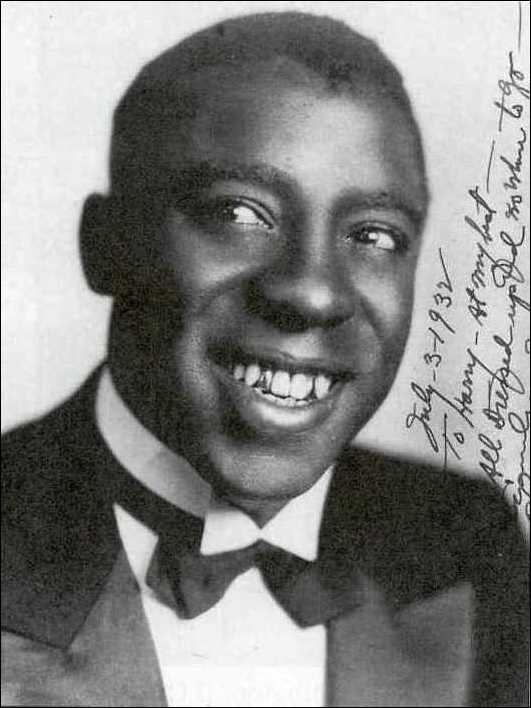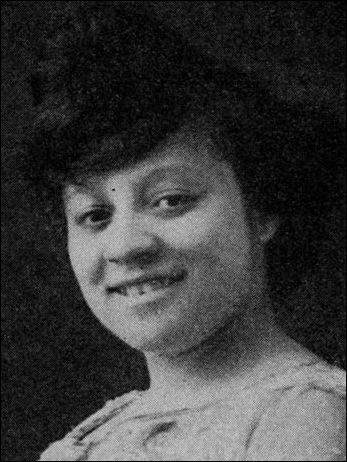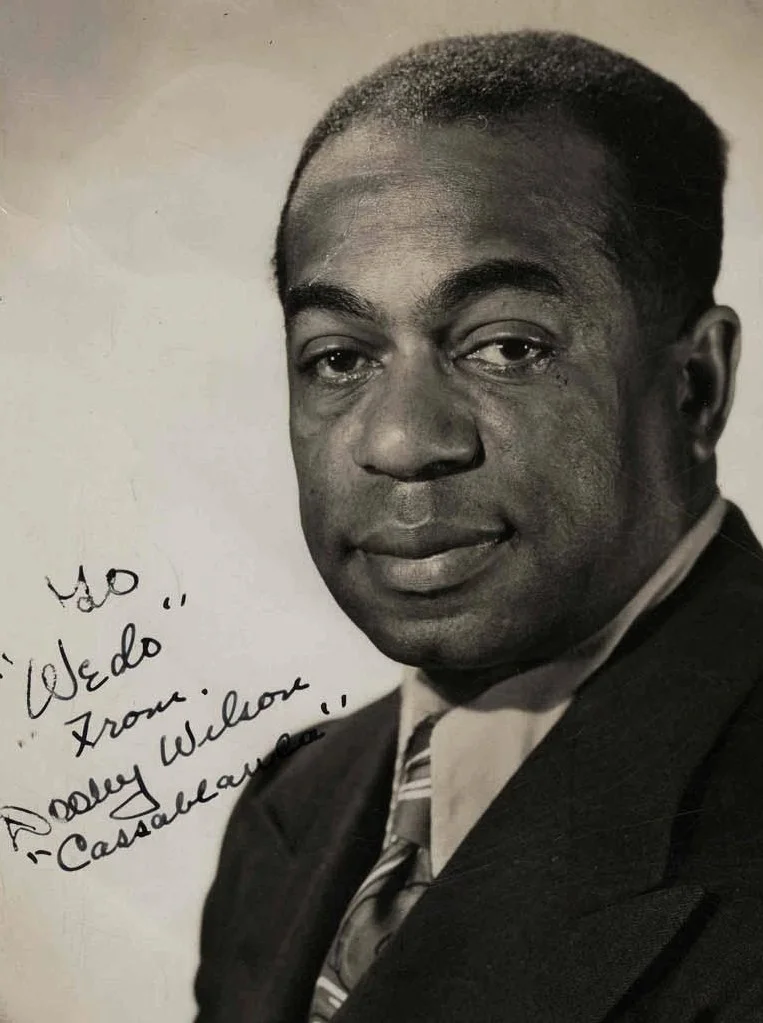Black Actors of the Era
Clarence Muse
(1889–1979)
Clarence Muse was an actor, screenwriter, director, composer, and lawyer from Baltimore. He had a long prolific career that began in theatre most notably with the Lafayette Players and the Lincoln players in Harlem. In 1917 he starred as the title role in Dr. Jekyll and Mr. Hyde, a role that he claimed spoke to the African American experience appropriately. To be black in America, Muse said, was to be “one man before whites and another man for and with his own people”.
Muse would go on to perform in Broadway theatre and eventually became the first African American to “star” in a film. He acted for more than 60 years, appeared in over 150 movies, and was inducted into the Black Filmmakers Hall of Fame in 1973. He was known for films such as Shadow of a Doubt (1943), Black Stallion (1979), and Casino (1995). Robert Levy commissioned Muse to write a screenplay for Levy’s first race film The Eyes of Youth, starring Abbie Mitchell.
More at Wikipedia
Edna Morton
(1894- 1980)
Edna Morton was a black female actress and performer in the 1920s and 1930s. She studied drama at Howard University, which was widely respected at the time for its rigorous theatre programs. In 1912 she debuted in musical theatre as a chorus girl. During the subsequent years, Morton would perform primarily as a “dancing girl” or “colored showgirl”. When she began working at Reol Productions she was liberated from these caricatured roles that were considered a much cheaper form of entertainment than cinema or traditional theatre. She was one of Robert Levy’s staple actresses, starring in nearly all of his films. She was most widely known for Easy Money (1922), Spitfire (1922), and The Burden Of Race (1921). It was rumored that Levy and Morton had a romantic relationship although those rumours are unsubstantiated.
More at Wikipedia
Evelyn Preer
(1896- 1932)
Evelyn Preer was a pioneering African American stage and screen actress of the 1910s up until she died in the early 1930s. She was one of the most famous black actresses of her day and was known among the African American community as “The First Lady of the Screen”. Like many young black actors, she started her career in the popular vaudeville and minstrel shows of the time. Preer would go on to appear in groundbreaking cultural events such as the 1898 production of The Origin of The Cake Walk; the first Broadway play directed by an African American. She made her on-screen debut in The Homesteader (1919), the first feature film for the seminal black filmmaker Oscar Micheaux. They would make a total of nine films together before she joined the historic Harlem-based theatre group, the Lafayette Players, where she met Robert Levy. Levy cast Preer as the lead in a historic production of W. Somerset Maugham’s Rain. A prolific figure, she was known for her performances in Oscar Micheaux’s Within Our Gates (1920), Georgia Rose (1930), Ladies of the Big House (1931), and Josef von Sternberg’s 1932 film Blonde Venus.
More at Wikipedia
Abbie Mitchell
Cook (1884-1960)
Abbie Mitchell was an African American teacher, actress, and soprano from New York City. She debuted in the historic all-black musical called The Origin of the Cakewalk written by Marion Cook and Paul Lawrence Dunbar. Cook would become a central figure in what was emerging in New York as an epicenter of African American theatre. In 1915 she was performing frequently at Harlem’s famous Lafayette Theatre, and at other renowned black theatres such as the Pekin Theatre in Chicago and the Howard Theatre in Washington DC. She would star in a number of films also, including the very first feature film made by Robert Levy in 1920 called Eyes Of Youth. She was renowned for her pioneering performances such as Clara in the very first performances of Porgy and Bess (1935) and her role in Madam X.
More at Wikipedia
Dooley Wilson
(1886-1953)
Wilson began performing at the age of 12 in the popular minstrel shows of the time. He earned the nickname “Dooley” while working in the Pekin Theatre in Chicago because of his then-signature Irish song “Mr. Dooley,” which he usually performed in whiteface. He went on to have an illustrious career, performing as a drummer, jazz bandleader, and stage and screen actor. When he was 29 he was hired by Anita Bush to act in the all-black theatre troupe she was establishing at the Lincoln Theatre in Harlem. Among others in the group were Charles Gilpin, Carlotta Freeman, and Andrew Bishop. Wilson also graced the Broadway stage in the Conjur Man Dies (1936) and The Strangler Fig (1940) and collaborated with artistic giants such as Orson Welles and John Houseman. Many consider his performance as the piano-playing character “Sam” in the seminal Warner Brothers film Casablanca (1942) to be the best of his career.
More at Wikipedia
Charles Gilpin
(1878- 1930)
Gilpin was one of the most highly regarded African American stage actors of the 1920s. He was renowned for his performance in the 1919 premier of John Drinkwater’s Abraham Lincoln and that of Brutus Jones in Eugene O’Neill’s The Emperor Jones. Between the years of 1896 and 1904 he toured widely as a traveling minstrel. After that he acted in plays such as Captain Rufue (1907), The Husband 1907), The Merry Widower (1908), The Man Upstairs (1909) and The Chambermaid (1908). When Gilpin moved to New York he was hired by Anita Bush and became a member of the Lafayette Players theatre group. He became one of the company’s star performers. In 1921 Gilpin would become the first African American actor to be named by the Drama League of New York as one of the 10 best theatre artists of his time.





